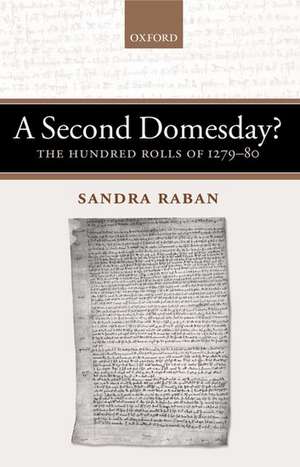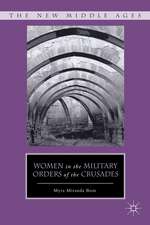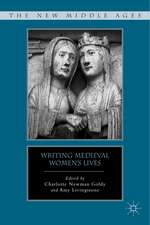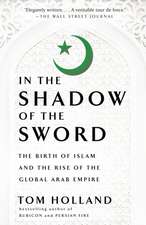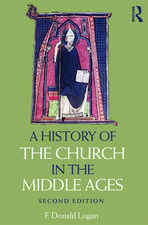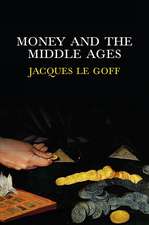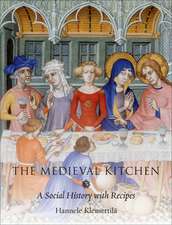A Second Domesday?: The Hundred Rolls of 1279-80
Autor Sandra Rabanen Limba Engleză Hardback – 2 sep 2004
Preț: 299.51 lei
Preț vechi: 385.52 lei
-22% Nou
Puncte Express: 449
Preț estimativ în valută:
57.31€ • 59.100$ • 47.42£
57.31€ • 59.100$ • 47.42£
Carte tipărită la comandă
Livrare economică 25-31 martie
Preluare comenzi: 021 569.72.76
Specificații
ISBN-13: 9780199252879
ISBN-10: 0199252874
Pagini: 250
Ilustrații: 2 maps, 1 table
Dimensiuni: 147 x 223 x 20 mm
Greutate: 0.42 kg
Editura: OUP OXFORD
Colecția OUP Oxford
Locul publicării:Oxford, United Kingdom
ISBN-10: 0199252874
Pagini: 250
Ilustrații: 2 maps, 1 table
Dimensiuni: 147 x 223 x 20 mm
Greutate: 0.42 kg
Editura: OUP OXFORD
Colecția OUP Oxford
Locul publicării:Oxford, United Kingdom
Recenzii
Lucid and scholarly, Raban's book is definitive and will never be replaced...[a] splendid book.
...a much-needed study...Raban's specific aim in A Second Domesday? is to provide professional historians and amateur enthusiasts with a 'complete working tool', and students and teachers with a picture of the inquiry in its 'political, social, and historiographical' setting (p.12). She definitely succeeds...It will certainly be the 'working tool' for historians that Raban aimed to produce.
The material, and the issues surrounding it, are set out logically and lucidly in a way that makes the book a pleasure to use. All those who have cause subsequently to study these records will turn first to this volume.
...a much-needed study...Raban's specific aim in A Second Domesday? is to provide professional historians and amateur enthusiasts with a 'complete working tool', and students and teachers with a picture of the inquiry in its 'political, social, and historiographical' setting (p.12). She definitely succeeds...It will certainly be the 'working tool' for historians that Raban aimed to produce.
The material, and the issues surrounding it, are set out logically and lucidly in a way that makes the book a pleasure to use. All those who have cause subsequently to study these records will turn first to this volume.
